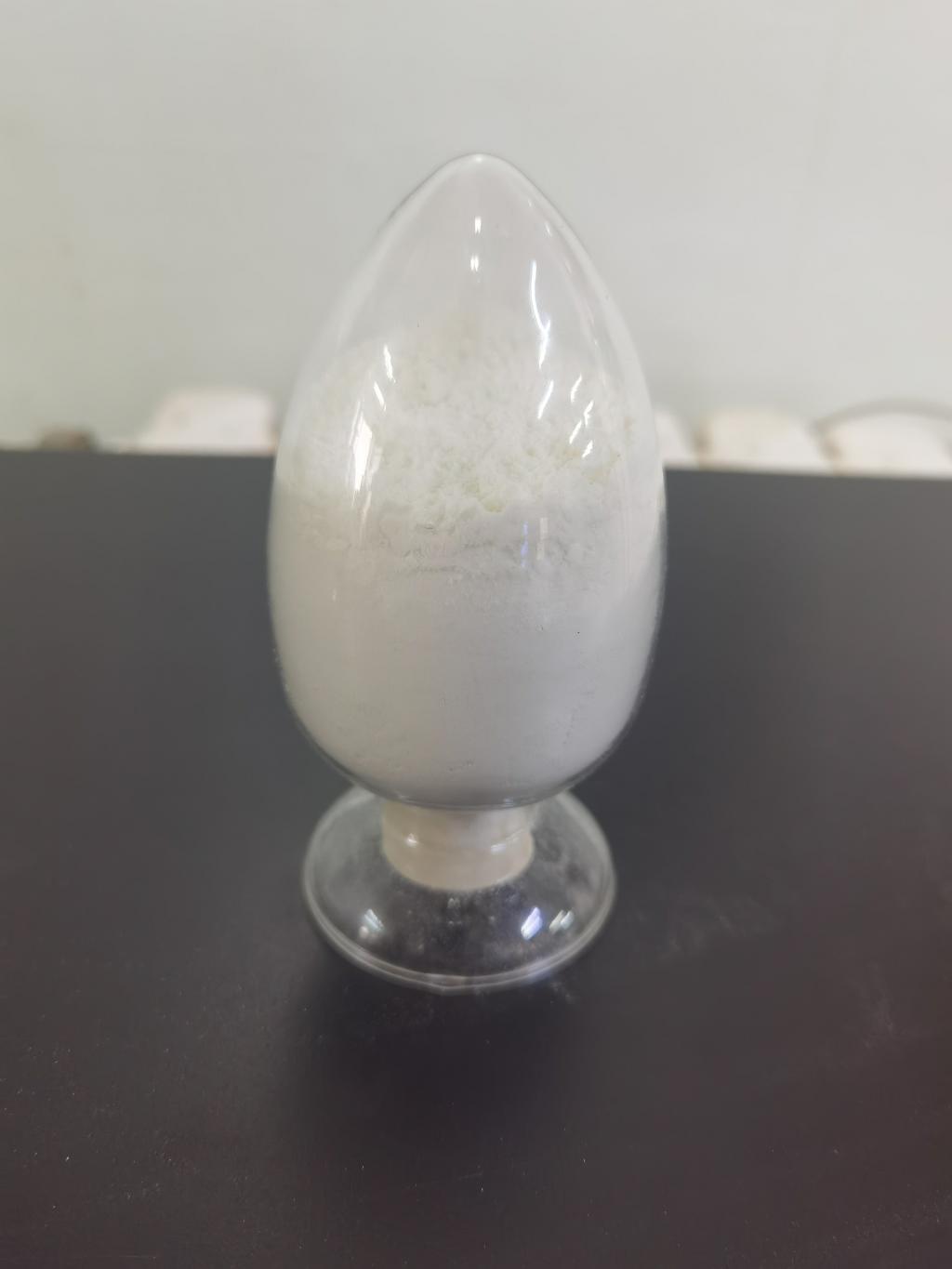Tel:0086 18231198596

News
Current Position:
Home >
News
>ε-Polylysine hydrochloride stability under various environmental conditions.
ε-Polylysine hydrochloride stability under various environmental conditions.
TIME:2024-04-01
Understanding ε-Polylysine Hydrochloride:
ε-Polylysine hydrochloride is a polypeptide derived from Streptomyces albulus, consisting of multiple lysine residues linked by peptide bonds. It possesses potent antimicrobial properties against a broad spectrum of bacteria and fungi, making it a valuable tool for microbial control in various industries. ε-Polylysine hydrochloride is available in different forms, including liquid, powder, and encapsulated formulations, facilitating its incorporation into diverse applications.
Importance of Stability in Antimicrobial Agents:
The stability of antimicrobial agents is critical for maintaining their efficacy and performance over time and under varying environmental conditions. Factors such as temperature, pH, humidity, and exposure to light can affect the stability of antimicrobial compounds, leading to degradation and loss of efficacy. Stability studies are essential for assessing the shelf life and performance of antimicrobial agents in practical applications.
Stability of ε-Polylysine Hydrochloride:
One of the key attributes of ε-polylysine hydrochloride is its exceptional stability under various environmental conditions. Unlike many conventional antimicrobial agents, ε-polylysine hydrochloride maintains its efficacy over a wide range of temperatures, pH levels, and humidity levels. This stability is attributed to its peptide structure, which confers resistance to degradation by environmental factors and ensures consistent performance in different applications.
Performance in Food Preservation:
In the food industry, ε-polylysine hydrochloride serves as a natural preservative to inhibit the growth of spoilage microorganisms and pathogens, thereby extending the shelf life of perishable products. Its stability under different processing conditions, including heat treatment and pH variations, ensures reliable efficacy in food preservation applications. Whether used in meat, poultry, seafood, dairy, or bakery products, ε-polylysine hydrochloride maintains its antimicrobial activity without compromising product quality.
Stability in Pharmaceutical Formulations:
In pharmaceutical manufacturing, ε-polylysine hydrochloride finds utility as a preservative and stabilizer in drug formulations. Its stability under storage conditions, including temperature fluctuations and exposure to light, is critical for maintaining the integrity and efficacy of pharmaceutical products. ε-Polylysine hydrochloride's compatibility with various dosage forms, such as oral medications, topical creams, and injectable solutions, further highlights its versatility and reliability in pharmaceutical applications.
Consistent Performance in Personal Care Products:
Personal care products, including cosmetics and toiletries, also benefit from the stability of ε-polylysine hydrochloride. Its resistance to degradation by environmental factors ensures consistent performance in preserving product integrity and extending shelf life. Whether incorporated into creams, lotions, shampoos, or soaps, ε-polylysine hydrochloride contributes to the safety and efficacy of personal care formulations, enhancing consumer satisfaction and brand loyalty.
Regulatory Considerations and Quality Assurance:
The stability of ε-polylysine hydrochloride is subject to rigorous testing and quality assurance measures to ensure compliance with regulatory standards and industry requirements. Stability studies, including accelerated aging tests and real-time stability monitoring, are conducted to assess the performance of ε-polylysine hydrochloride under simulated storage conditions. Regulatory agencies, such as the United States Food and Drug Administration (FDA) and the European Medicines Agency (EMA), establish guidelines for stability testing to ensure the safety and efficacy of antimicrobial agents in practical applications.
Conclusion:
In conclusion, the stability of ε-polylysine hydrochloride plays a pivotal role in ensuring consistent performance across diverse applications, including food preservation, pharmaceutical formulations, and personal care products. Its resistance to degradation by environmental factors, such as temperature, pH, and humidity, enables reliable efficacy under varying conditions. By maintaining product integrity and extending shelf life, ε-polylysine hydrochloride contributes to the safety, quality, and sustainability of products in industries striving for excellence. As research continues to advance, further insights into the stability of ε-polylysine hydrochloride will drive innovation and optimization in antimicrobial applications, ultimately benefiting consumers and industries alike.

 CONTACT
CONTACT




